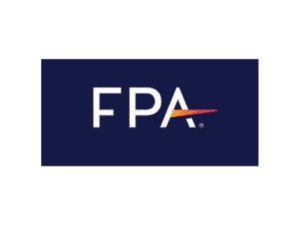Publications
Curious about the ways we impact the lives of our clients? Check out some publications we’ve appeared in, including The New York Times, The Financial Planning Association, and many other reputable newspapers, magazines and online publications. For more publications and videos on estate planning, business planning, and personal financial planning, visit our Insights page.
Final Steps After the Loss of a Loved One
The “Financial Steps After The Loss of a Loved One” article from the Journal of Financial Planning provides a comprehensive checklist for families…
Navigating The Logistics of Death Ahead Of Time
The “Navigating the Logistics of Death Ahead of Time” publication discusses the rise of online platforms and tools designed to help individuals with end-of-life…


Planning Implications Of New Legislation For Digital Assets
The “Planning Implications of New Legislation for Digital Assets” article from the Journal of Financial Planning delves into the complexities of managing digital…
Navigating the Logistics Of Death Ahead Of Time
The “Navigating the Logistics of Death Ahead of Time” publication explores the growing trend of online platforms designed to assist with end-of-life planning…


Don’t Let Your Digital Assets Die With You
The “Don’t Let Your Digital Assets Die With You” article emphasizes the growing importance of incorporating digital assets into estate plans…
…Create Uniform National Rule For Fiduciaries To Access Digital Assets
The “…Uniform National Rule for Fiduciaries…” publication discusses the debate surrounding legislation for accessing digital assets after death…


Alternative Income Options
In this 20-minute YouTube interview with Business Talk Library, William Bissett discusses Alternative Income options with host Terrell Turner…
Financial Advisers Aren’t Just For The Rich
The “Financial Advisors Aren’t Just for the Rich” publication challenges the misconception that financial advisors are only for the wealthy. It argues…


Plan Ahead To Protect Your Digital Legacy
The “Plan Ahead to Protect Your Digital Legacy” article highlights the increasing importance of planning for the management of digital assets after death…
Helping Financial Planning Clients With Their Digital Estate Planning
The “Helping Financial Planning Clients With Their Digital Estate Planning” publication explores the complexities of managing digital assets in estate planning….
